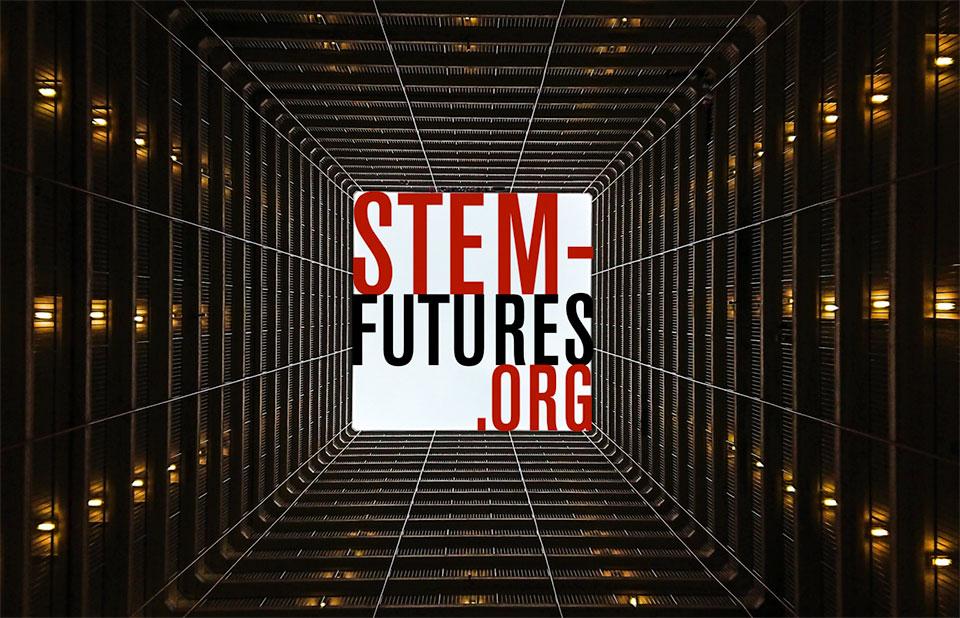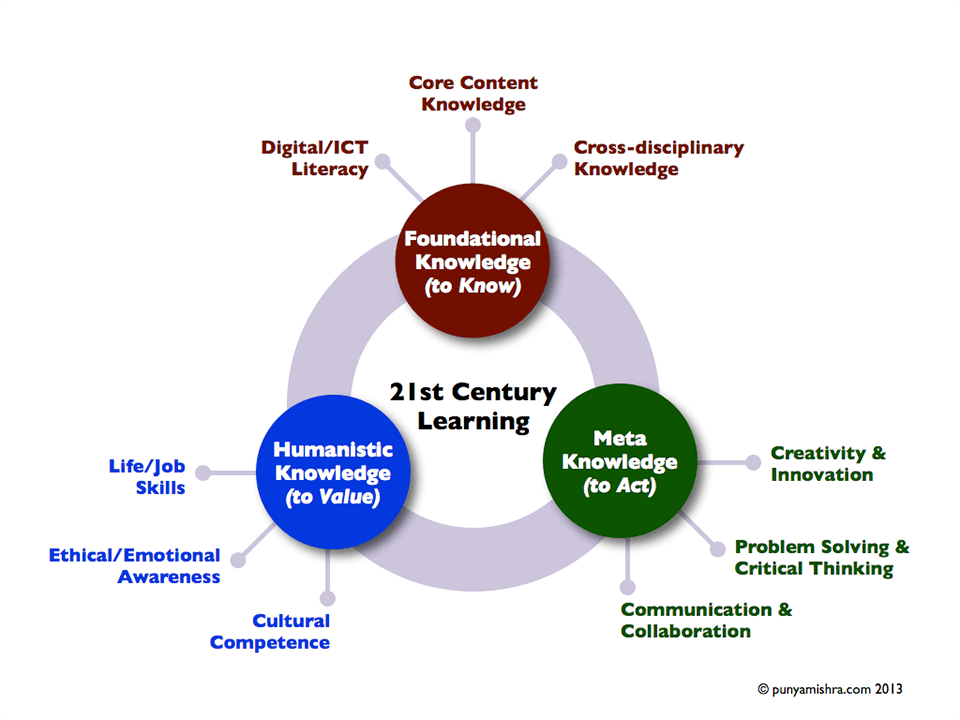
“What knowledge is of most worth?” is a question asked over a 100 years ago by the English philosopher, Herbert Spencer. His unequivocal answer was—science.
This question (and his answer) resonates even today, though the context within which it is asked, and how we construct the answer, has changed dramatically. It is clear that science (or STEM) is key to addressing the multifaceted challenges we face: the environmental challenges of the Anthropocene; the economic pressures of machine learning and artificial intelligence; and the social challenges of an increasingly rapid pace of environmental, technological, and economic change.
It is also clear that addressing these challenges goes beyond any particular STEM discipline and in fact beyond just the STEM disciplines. Beyond knowledge of STEM, our students will need to demonstrate creativity and ingenuity as well as the ability to work collaboratively. As importantly they will need to understand the broader social and the ethical context and implications of their work.
Existing STEM courses and degree programs are, for the most part, unprepared to meet these challenges. They are largely organized around and operate within traditional disciplinary boundaries—even though we know that the most pressing problems require crossing STEM disciplines and even integrating beyond STEM into other domains of knowledge.
The Future Substance of STEM Education is a National Science Foundation-backed collaboration with ASU’s School of Earth and Space Exploration that seeks to redesign the substance of STEM education. (More at STEM-Futures.org).
Approximately 50 experts, from across the nation, will collaboratively engage in an iterative set of facilitated design-based exercises to both better understand current and future contexts and needs, but also to reimagine possibilities for the future.

The STEM Futures work is based on a framework for 21st century learning developed by Kereluik, Mishra, Fanhoe, & Terry (2013). This framework breaks down the 21st century knowledge into three key components: Foundational Knowledge, Meta Knowledge, & Humanistic Knowledge (see diagram below).

A succinct description of the project and its goals can be found in this video below starring the PI’s of the project (Ariel Anbar and Punya Mishra).
References
Kereluik, K., Mishra, P., Fahnoe, C., & Terry, L. (2013). What knowledge is of most worth: Teacher knowledge for 21st century learning. Journal of Digital Learning in Teacher Education, 29(4), 127-140.